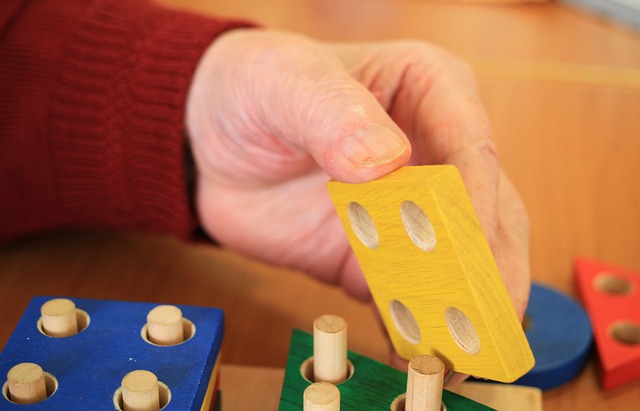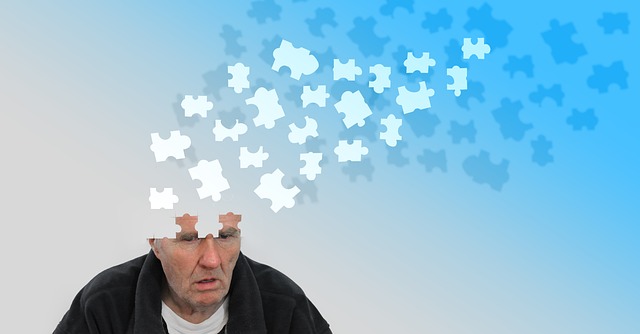As we age, it becomes increasingly important to prioritize brain health and take proactive steps to prevent dementia. Engaging in mentally stimulating activities is a powerful tool in maintaining cognitive function and reducing the risk of dementia.
In this article, we will explore effective strategies for staying mentally active and provide practical tips to promote brain health and ward off dementia.
The Importance of Mental Stimulation in Dementia Prevention
Cognitive Reserve: Engaging in mentally stimulating activities builds cognitive reserve, a brain’s ability to withstand age-related changes and maintain optimal cognitive function. This can help delay the onset of dementia symptoms.
- Neuroplasticity: Mental stimulation promotes neuroplasticity, the brain’s ability to form new connections and adapt to new information. By challenging our brains, we can enhance neural pathways and improve cognitive resilience.
- Memory Enhancement: Engaging in memory-focused activities can help improve memory recall and retention, reducing the risk of cognitive decline associated with dementia.
Strategies for Staying Mentally Active
- Lifelong Learning: Pursue new knowledge and skills through formal or informal education. Take classes, attend workshops, or explore online courses to challenge your mind and expand your intellectual horizons.
- Reading: Regularly engage in reading books, newspapers, or magazines to stimulate your imagination, vocabulary, and comprehension skills. Choose a variety of genres to keep your reading experience diverse and engaging.
- Puzzles and Brain Games: Solve puzzles, crosswords, Sudoku, or engage in brain-training apps and games that challenge your memory, problem-solving abilities, and cognitive skills.
- Hobbies and Creative Pursuits: Engage in activities that require mental effort and creativity, such as painting, playing a musical instrument, knitting, or learning a new language. These pursuits stimulate different areas of the brain and promote cognitive flexibility.
- Social Engagement: Maintain an active social life by participating in group activities, joining clubs, volunteering, or attending community events. Social interaction stimulates cognitive processes, memory, and emotional well-being.
- Stay Curious: Cultivate curiosity about the world around you. Ask questions, explore new topics, engage in discussions, and seek out new experiences. Curiosity keeps the mind active and encourages continuous learning.
- Digital Engagement: Embrace technology by using smartphones, tablets, or computers to stay connected, play brain-training apps, engage in virtual social networks, or participate in online forums and discussions.
Incorporating Mental Stimulation into Daily Routine:
- Set Aside Time: Dedicate specific times each day or week for mentally stimulating activities. Make it a priority to engage in activities that challenge your mind and promote cognitive engagement.
- Variety and Novelty: Introduce variety into your mental activities to keep your brain stimulated. Try different puzzles, alternate between reading genres, explore diverse hobbies, and mix up your learning methods.
- Challenge Yourself: Gradually increase the difficulty level of your mental activities to keep challenging your brain. Push yourself outside of your comfort zone and tackle more complex tasks as you build confidence.
- Consistency is Key: Make mental stimulation a regular part of your daily routine. Consistent engagement in mentally stimulating activities yields the greatest benefits for brain health.
Conclusion
Staying mentally active is a crucial component of dementia prevention and maintaining cognitive function as we age. By incorporating a variety of mentally stimulating activities, such as lifelong learning, reading, puzzles, hobbies, social engagement, and digital interaction, we can promote brain health and reduce the risk of dementia. Remember to make mental stimulation a regular part of your routine, challenge yourself with new activities, and stay curious about the world around you. Embrace the power of mental activity to keep your brain sharp, resilient, and safeguard against the challenges of dementia.
Image by Carola68 Die Welt ist bunt…… from Pixabay
Dementia
-

Recognize the Dementia Symptoms: When to See a Doctor
Dementia is a progressive condition that affects millions of individuals worldwide. Recognizing the early signs and symptoms of dementia is crucial for timely diagnosis and appropriate medical intervention. In this article, we will provide an overview of common dementia symptoms and highlight the importance of seeking medical attention when these symptoms arise. By understanding the…







Leave a Reply